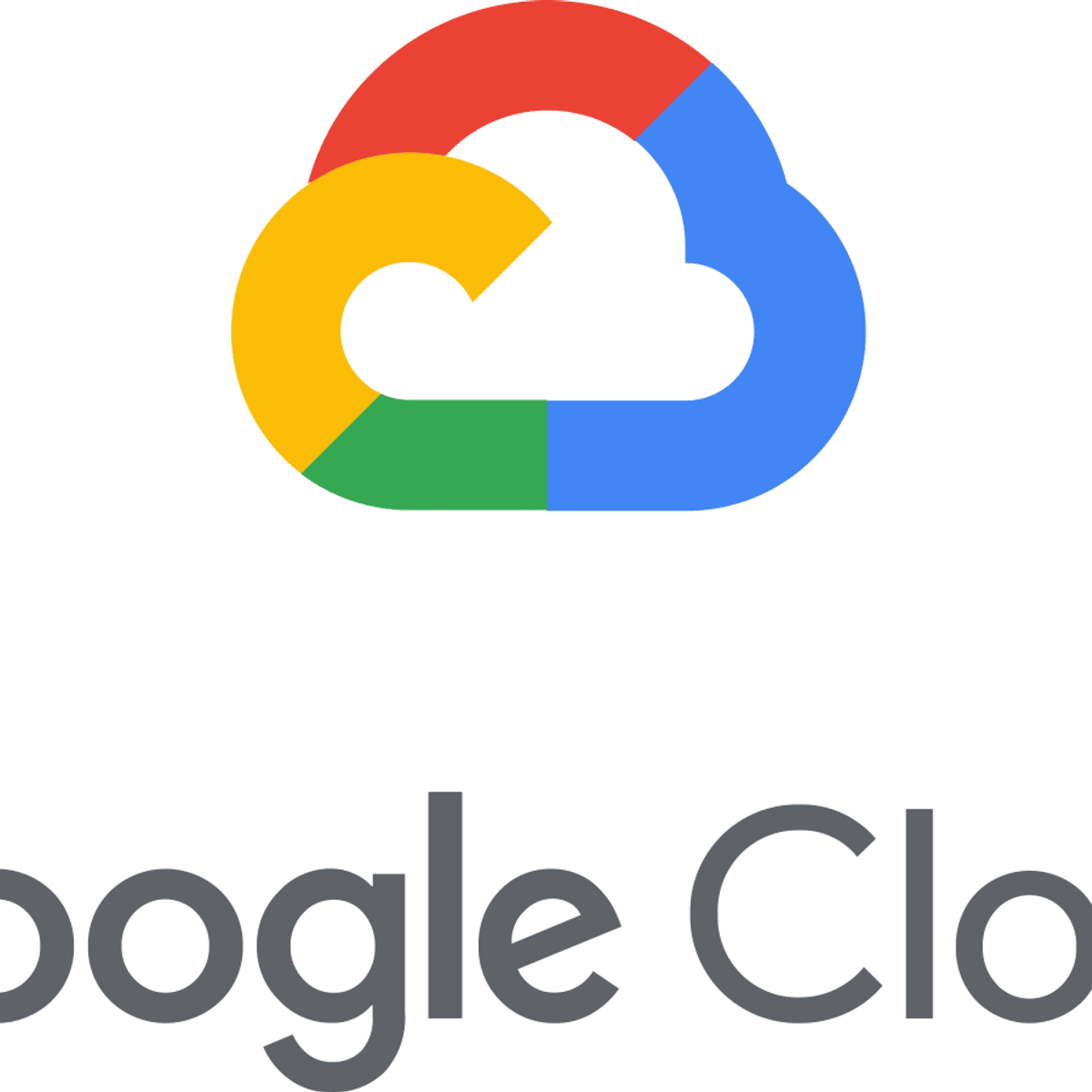
This is a self-paced lab that takes place in the Google Cloud console.
In this lab, you will deploy a fully functioning microservices e-Commerce website application on Google Cloud using Redis to run the shopping cart service and then migrate that to Redis Enterprise for scalability and high availability.
What's inside
Syllabus
Good to know
Save this course
Activities
Review concepts of distributed systems
Show steps
Strengthen your foundation in distributed systems to better understand the context and significance of microservices and Redis.
Browse courses on
Distributed Systems
Show steps
-
Review course materials on distributed systems
-
Explore online resources and articles on distributed systems
-
Attend a workshop or seminar on distributed systems
Compile a reference guide for microservices and Redis
Show steps
Consolidate your notes and resources into a comprehensive guide for easy reference and reinforcement of key concepts.
Browse courses on
Microservices
Show steps
-
Gather relevant materials from the course and other sources
-
Organize the information into logical sections
-
Create a well-structured and easy-to-navigate document
Join a study group for microservices and Redis
Show steps
Engage with peers to share knowledge, discuss concepts, and clarify any doubts related to microservices and Redis.
Show steps
-
Find or create a study group
-
Set regular meeting times
-
Prepare discussion topics and materials
-
Engage actively in discussions and Q&A
Four other activities
Expand to see all activities and additional details
Show all seven activities
Build a microservices architecture diagram
Show steps
Enhance your understanding of the microservices architecture by creating a visual representation of the components and their interactions.
Show steps
-
Identify the components of the microservices architecture
-
Determine the relationships and interactions between components
-
Use appropriate diagramming tools to create the architecture diagram
Practice deploying microservices using Redis
Show steps
Get hands-on experience deploying and managing microservices with Redis, reinforcing key concepts from the course.
Show steps
-
Create a simple microservice application
-
Configure Redis as the shopping cart service
-
Deploy the application on Google Cloud
-
Test the functionality of the deployment
Develop a microservices application with Redis
Show steps
Apply your learning by building a complete microservices application that incorporates Redis for data management.
Show steps
-
Design the architecture of your application
-
Implement the microservices
-
Integrate Redis into your application
-
Deploy and test your application
Explore advanced Redis features for microservices
Show steps
Expand your knowledge of Redis beyond the basics, leveraging additional features to optimize your microservices deployment.
Show steps
-
Identify advanced Redis features relevant to microservices
-
Find and follow tutorials on these advanced features
-
Implement the features in your microservices application
Review concepts of distributed systems
Show steps
Strengthen your foundation in distributed systems to better understand the context and significance of microservices and Redis.
Browse courses on
Distributed Systems
Show steps
- Review course materials on distributed systems
- Explore online resources and articles on distributed systems
- Attend a workshop or seminar on distributed systems
Compile a reference guide for microservices and Redis
Show steps
Consolidate your notes and resources into a comprehensive guide for easy reference and reinforcement of key concepts.
Browse courses on
Microservices
Show steps
- Gather relevant materials from the course and other sources
- Organize the information into logical sections
- Create a well-structured and easy-to-navigate document
Join a study group for microservices and Redis
Show steps
Engage with peers to share knowledge, discuss concepts, and clarify any doubts related to microservices and Redis.
Show steps
- Find or create a study group
- Set regular meeting times
- Prepare discussion topics and materials
- Engage actively in discussions and Q&A
Build a microservices architecture diagram
Show steps
Enhance your understanding of the microservices architecture by creating a visual representation of the components and their interactions.
Show steps
- Identify the components of the microservices architecture
- Determine the relationships and interactions between components
- Use appropriate diagramming tools to create the architecture diagram
Practice deploying microservices using Redis
Show steps
Get hands-on experience deploying and managing microservices with Redis, reinforcing key concepts from the course.
Show steps
- Create a simple microservice application
- Configure Redis as the shopping cart service
- Deploy the application on Google Cloud
- Test the functionality of the deployment
Develop a microservices application with Redis
Show steps
Apply your learning by building a complete microservices application that incorporates Redis for data management.
Show steps
- Design the architecture of your application
- Implement the microservices
- Integrate Redis into your application
- Deploy and test your application
Explore advanced Redis features for microservices
Show steps
Expand your knowledge of Redis beyond the basics, leveraging additional features to optimize your microservices deployment.
Show steps
- Identify advanced Redis features relevant to microservices
- Find and follow tutorials on these advanced features
- Implement the features in your microservices application
Career center
Software Engineer
Cloud Engineer
DevOps Engineer
Data Engineer
Site Reliability Engineer
Database Administrator
Systems Administrator
Network Engineer
Security Engineer
Quality Assurance Engineer
Business Analyst
Product Manager
Project Manager
Technical Writer
Sales Engineer
Reading list
Share
Similar courses
OpenCourser helps millions of learners each year. People visit us to learn workspace skills, ace their exams, and nurture their curiosity.
Our extensive catalog contains over 50,000 courses and twice as many books. Browse by search, by topic, or even by career interests. We'll match you to the right resources quickly.
Find this site helpful? Tell a friend about us.
We're supported by our community of learners. When you purchase or subscribe to courses and programs or purchase books, we may earn a commission from our partners.
Your purchases help us maintain our catalog and keep our servers humming without ads.
Thank you for supporting OpenCourser.



